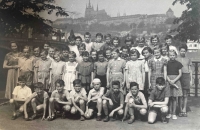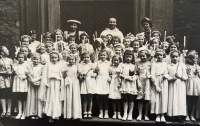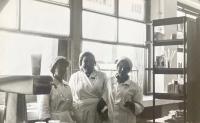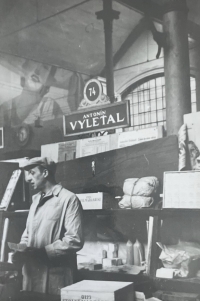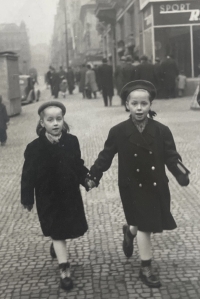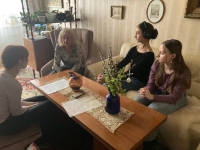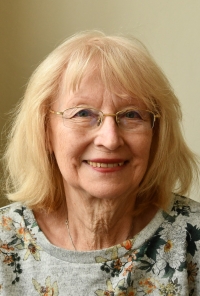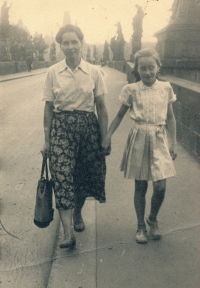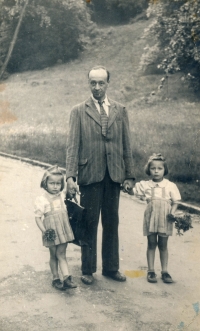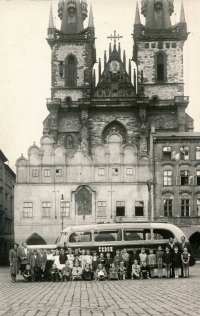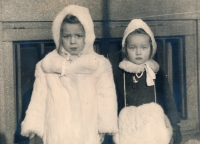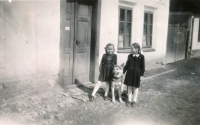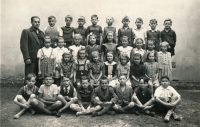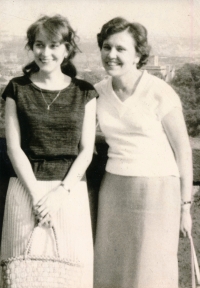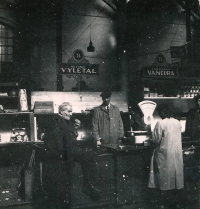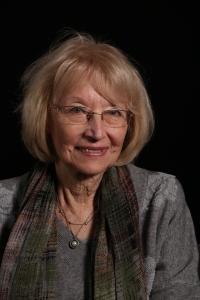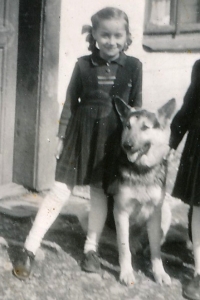The militiamen stood outside the house entrances with rifles and I was scared.

Download image
Vlasta Wernerová was born in Prague on 20 January 1943. The family lived in Old Town Square; her father Antonín Vyleťal ran a small shop in Rytířská Street. On 21 February 1948, the family witnessed a communist rally on Old Town Square; due to the militiamen’s manoeuvres, Vlasta, her sister and mother were unable to get home. The communists nationalized her father’s shop in the first half of the 1950s, and he worked as a worker at Aero Vysočany until he contracted tuberculosis. She faced obstacles getting into high school; the regime did not allow Vlasta to study to become a nurse. She completed a high school of economics and worked in offices all her life. In the summer of 1968, she signed the Two Thousand Words manifesto. Having married in 1973, she lived with her husband in Ústí nad Labem, but their daughter was always ill there because of the bad air. They moved back to Prague and she found a job at the Research Institute of Civil Engineering. Through friends she got into transcribing samizdat literature, specifically the Dream Book by Ludvík Vaculík. In the summer of 1989 she signed the petition Several Sentences. In 2024 she lived in Prague.
